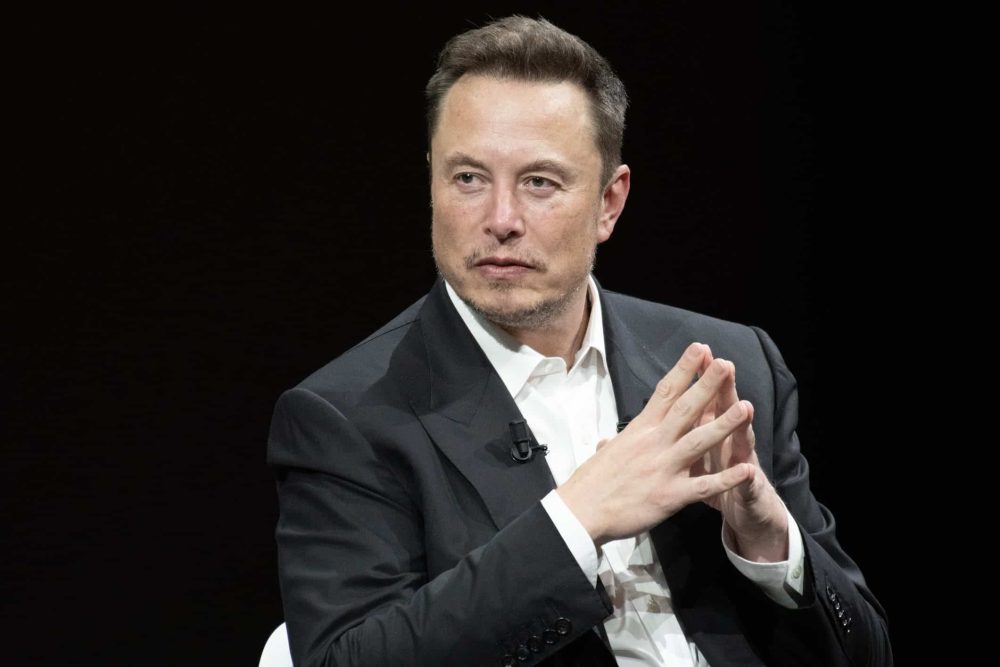Tesla CEO Elon Musk wants to increase his voting control over the electric vehicle company to nearly 25 percent.
Musk already holds around 13 percent of Tesla’s shares, equivalent to about 411 million shares.
He wrote on X: “I am uncomfortable growing Tesla to be a leader in AI & robotics without having ~25% voting control.
“Enough to be influential, but not so much that I can’t be overturned.
“Unless that is the case, I would prefer to build products outside of Tesla.
“You don’t seem to understand that Tesla is not one startup, but a dozen.
“Simply look at the delta between what Tesla does and GM.
“As for stock ownership itself being enough motivation, Fidelity and other own similar stakes to me. Why don’t they show up for work?”
Despite selling billions of dollars in Tesla shares in 2022 to fund a Twitter buyout, Musk now wants more control over his electric vehicle venture.
This move contradicts Musk’s earlier statements about Tesla’s significance in artificial intelligence and robotics.
Previously, he predicted Tesla’s humanoid robot, Optimus, would surpass the value of the car business and full self-driving capabilities.
Musk defended Tesla as an AI/robotics company, dismissing comparisons to traditional automakers like Toyota.
The request for increased control adds pressure to Tesla’s board, already facing challenges in addressing concerns raised by investors and lawmakers.
Musk faces numerous lawsuits
Some issues include Musk’s divided attention as he manages multiple companies simultaneously, controversial social commentary, federal investigations involving Musk and Tesla, and allegations of drug use by the CEO.
Additionally, Musk is currently involved in a trial in Delaware related to his $56 billion pay package from Tesla in 2018.
Looking to boost your online brand? Create your FREE business profile at WhatBiz? Here
Shareholder Richard J. Tornetta has sued Musk and Tesla, claiming excessive compensation and a breach of fiduciary duty.
Musk highlighted that the board is postponing establishing a new compensation plan until the Delaware Chancery Court decides on the Tornetta case.
Musk’s call for increased voting control reflects his desire for influence while maintaining the possibility of being overruled by a majority shareholder vote.
This move further complicates the dynamics within Tesla and intensifies scrutiny on its board of directors in 2024.




